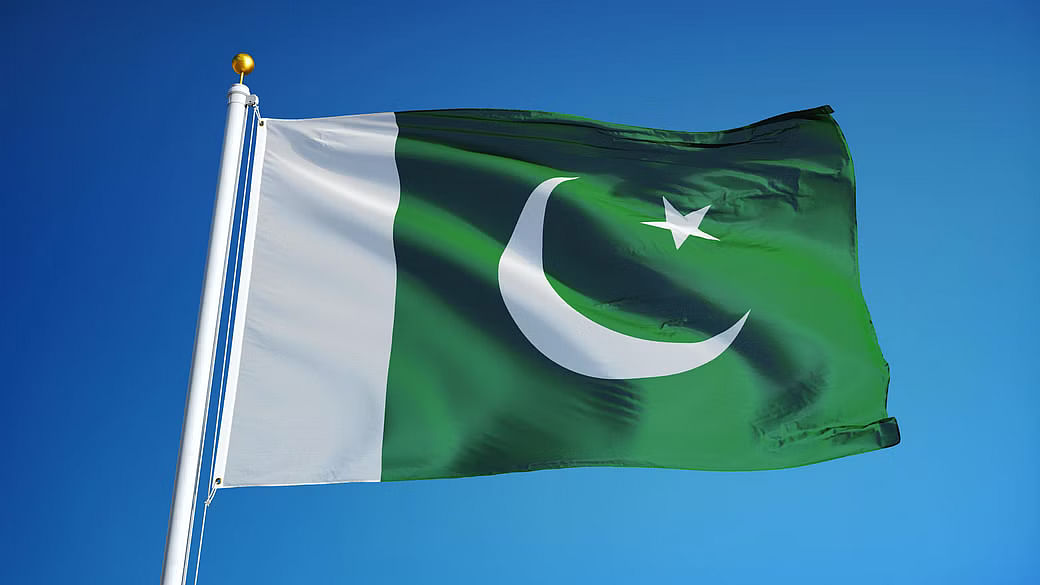Pakistan Recreates History By Introducing The Concept Of A Barter System To Save The Country From The Worst Economic Crisis!
According to the commerce ministry, the goal of the barter trading system is to stabilise Pakistan's economy by growing foreign reserves and expanding trade possibilities.

Remember the concept of the Barter System taught in school textbooks. And now use the phrase that history repeats itself! Now, combine the above two statements; yes, our neighbour is making it happen. Pakistan has formally declared the establishment of a barter trading system with Iran, Afghanistan, and Russia for items like petroleum and gas to enhance the country’s foreign reserves and economy.
The ‘business-to-business barter trading system 2023’ was launched on June 2 with Commerce Minister Syed Naveed Qamar’s assent. Pakistan’s state-owned and private firms could participate in barter commerce with Russia, Iran, and Afghanistan.

Minister Qamar was instrumental in bringing this proposal to effect by engaging with high-level delegations from these countries.
According to the commerce ministry, the goal of the barter trading system is to stabilise Pakistan’s economy by growing foreign reserves and expanding trade possibilities. Businesses must meet specific requirements to participate in this system, including registering with the Pakistan Single Window System, obtaining an import-export licence, submitting trade applications through the Federal Board of Revenue’s (FBR) online portal, and receiving verification from the relevant Pakistani missions in the respective countries.
What goods will be traded by Pakistan?
Under the method, Pakistan would export a wide range of commodities. The following are among the exportable goods.
- Milk
- Cream
- Eggs
- Cereals
- Meat
- Fish Products
- Fresh Fruits And Vegetables
- Rice
- Pharmaceutical Products
- Chemicals
- Perfume
- Cosmetics
- Plastic
- Rubber
- Leather
- Wood Products And Furniture Items
- Textiles
- Readymade Garments
- Paper
- Footwear
- Iron And Steel
- Electric Fans
- Home Appliances
- Sports Goods
- Motorcycles
- Tractors
- Surgical Products.

Iranian imports will also comprise petroleum crude oil, LNG, and LPG. Pakistan would import coal and coal products from Russia, petroleum oil, LNG and LPG, fertilisers, minerals, and metals, wood and paper goods, plastic and rubber items, chemical products, iron and steel, industrial textile machinery, and pulses and wheat.
Later In June, Pakistan will get its first cargo of Russian discounted crude oil. Islamabad, which has revealed scant specifics about the agreement with Moscow, has not specified how payment will be made.
Musadik Malik, State Minister for Petroleum, stated that under the agreement, Islamabad would buy just Russian crude oil, not processed goods and that purchases might increase to 100,000 barrels per day if the initial transaction goes well.
Pakistan and Iran jointly launched the first of six border marketplaces to strengthen bilateral commercial cooperation in May 2023.
In May, the Pakistan Petroleum Dealers Association alleged that up to 35% of the fuel sold in the country was smuggled from Iran. The countries share a boundary of almost 900 km. The majority of that border has been walled to prohibit illicit passage in either way.
Despite the barrier, neighbouring businessmen and locals claim that Iranian and Pakistani border guards enable smuggling, notably petroleum items, which both countries deny.
Pakistan’s trade relationship with Afghanistan has expanded considerably since the Taliban took control of the landlocked neighbouring country in August 2021, notably the purchase of Afghan coal. The two countries generally deal in cash but use a barter system for some items.
Following the restoration of conservative de facto Afghan authorities to power, Western governments cut off all economic help to the primarily aid-dependent country. They imposed financial sector sanctions, thereby barring Afghanistan from doing regular commerce with foreign countries.
How would Pakistan profit from barter trade?
The introduction of this barter trading system is projected to benefit Pakistan’s economy. The country of almost 240 million people faces enormous issues due to a balance-of-payments crisis and increasing inflation, which reached an alarming rate of about 38% in May 2023. According to central bank data, Pakistan‘s foreign currency reserves have plummeted to just over $4 billion, barely covering monthly imports.
Conclusion.
The local business community, and the FPCCI, have applauded the government’s efforts to activate the system. FPCCI President Irfan Iqbal Sheikh expressed optimism that the execution of the barter trade agreement with certain countries will assist in overcoming current gaps in Pakistan’s import and export potential and contribute to economic progress.

However, other analysts suggest that the centuries-old barter system is losing strength in a world driven by globalisation and interconnected economies with sophisticated trading processes.
Proofread & published By Naveenika Chauhan




